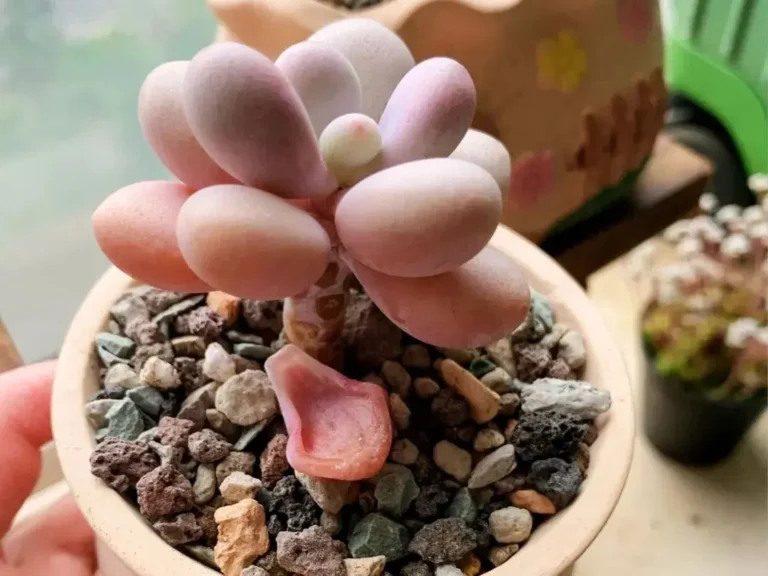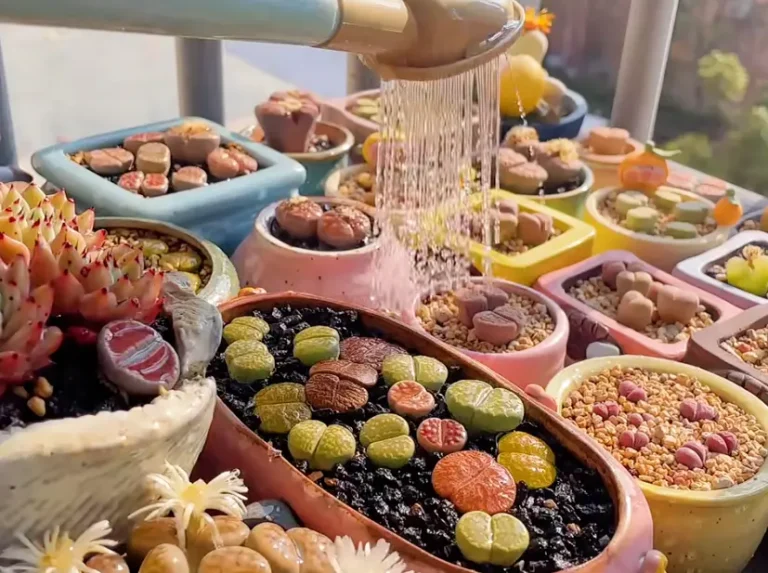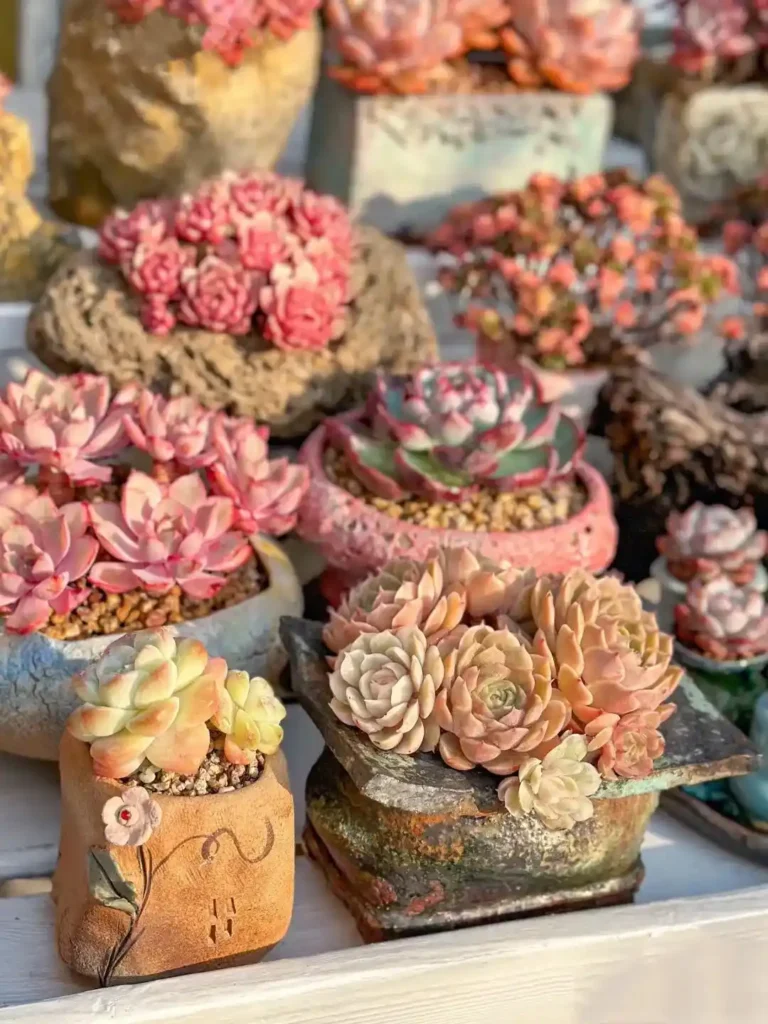Is your succulent plant sick? Don’t panic! A guide to controlling the 5 most common pests
Hello everyone! Today we’re going to share the most practical experience on how to control succulent pests and diseases. With this guide, you will learn to:
✓ Accurately identify 5 common pests
✓ Use the right treatments
✓ Master professional prevention techniques
✓ Save infected plants
Let’s start with the most dangerous pests…
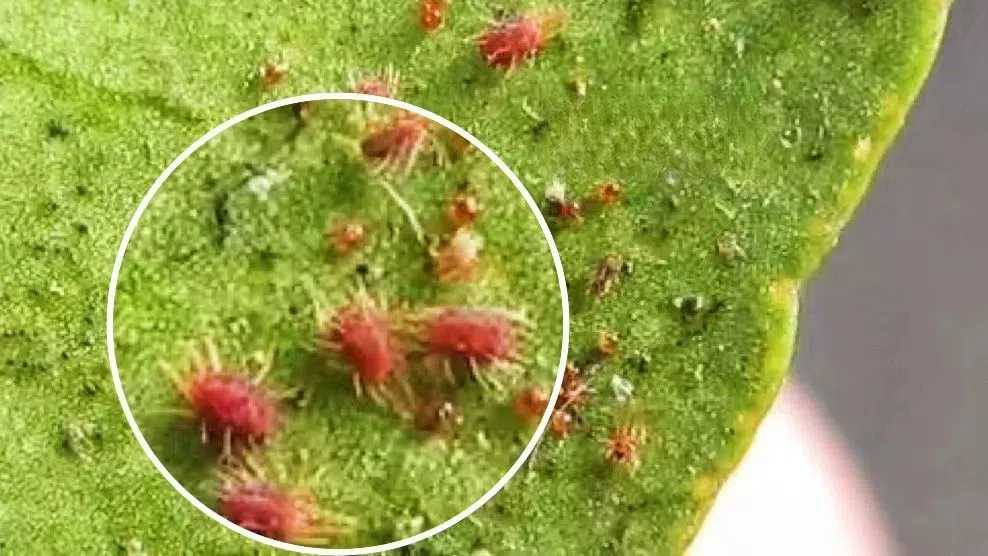
Red Spider (Spider Mites) – Invisible Killer
⚠️ 识别特征:
叶片背面出现白色网状物
叶片出现黄斑并逐渐枯萎
繁殖速度:每3天一代
💡 处理方案:
我的经验是:
- 立即隔离病株(重要!)
- 交替使用两种药物避免抗药性:
马拉松乳剂 1:1500稀释(每周一次)
硫酸尼古丁溶液 1:1000(每5天一次)
- 重点喷洒叶背,连续3周
🚫 避免:呋喃丹(剧毒)、单一药物反复使用
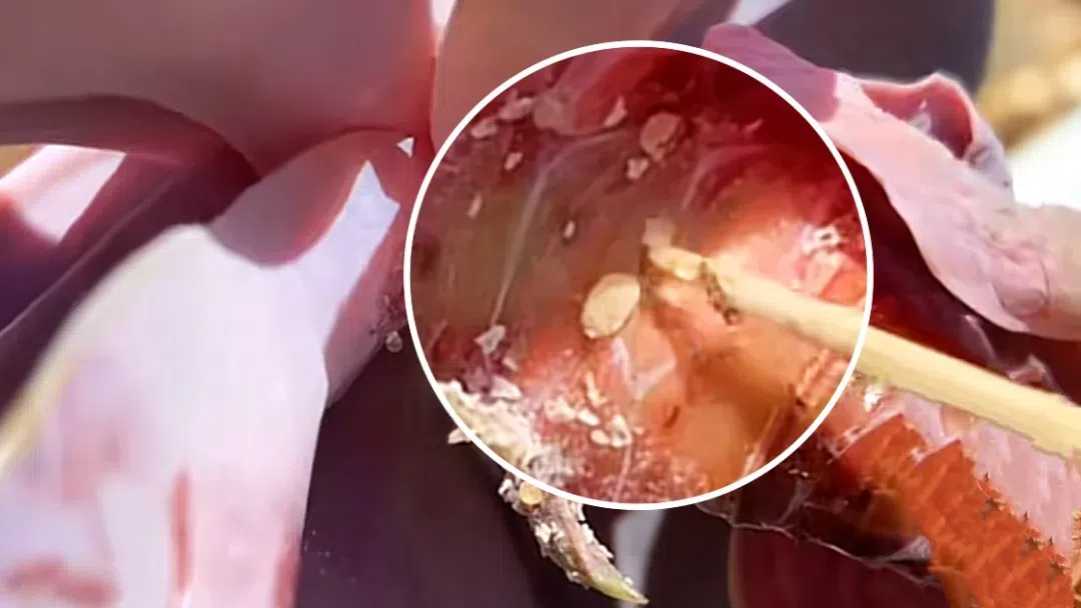
Mealybugs – the white devil!
🔍 Signs of infection:
Cotton wool-like white spots on stems
Leaf mucus residue
Often accompanied by coal stain
✅ Graded treatment:
Minor infestation:
Physical removal with toothpick (wear gloves!)
75% alcohol cotton swabs
Replacement of top soil
Heavy infestation:
- Spray with a 1:400 solution of Flower Saver.
- Soil doused with Bayer’s Little Green Pill solution
- A complete treatment must be carried out:
└ Root pruning → carbendazim soaking → pot change → paving stones isolation
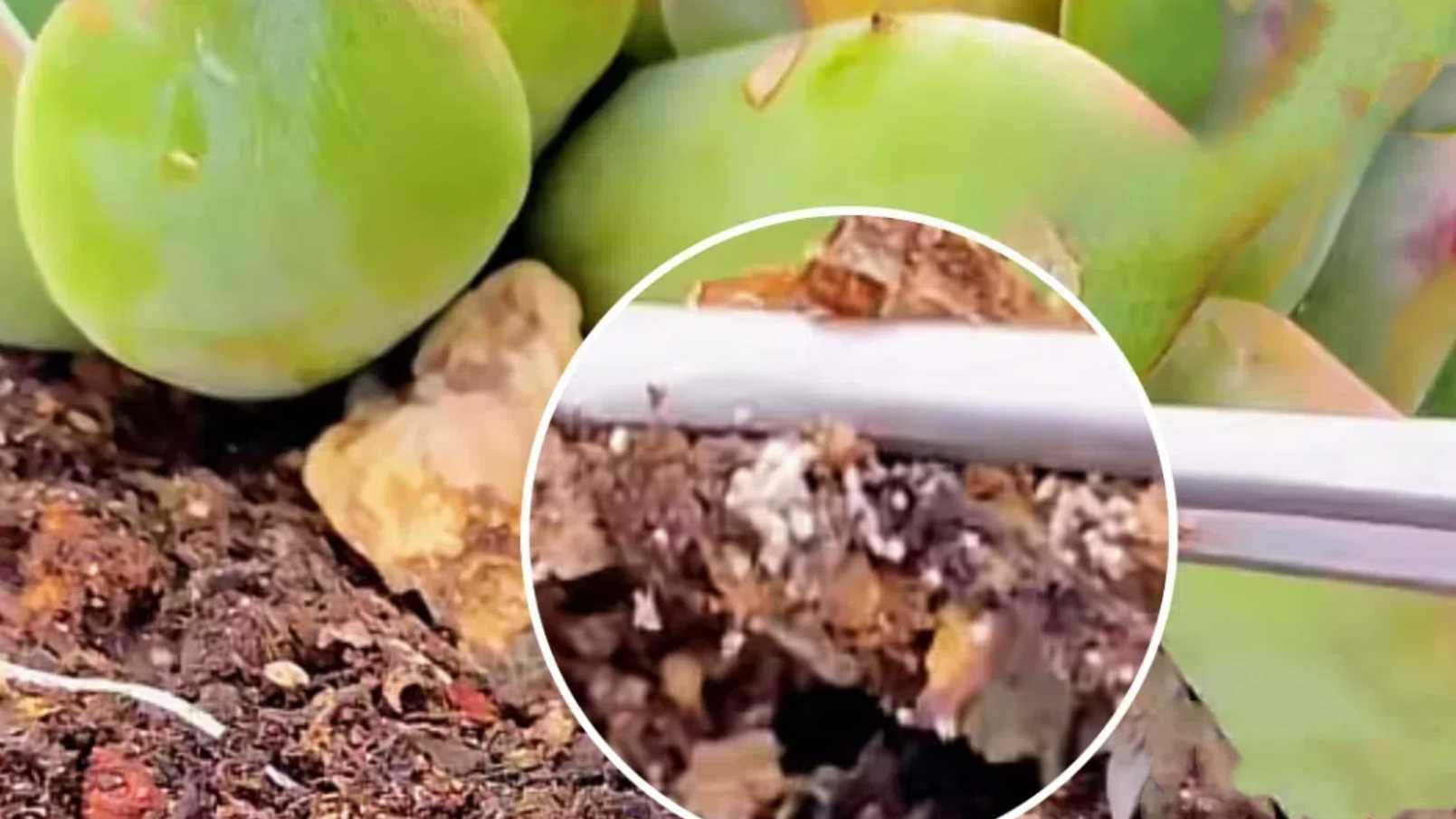
Root Mealybugs (Root Mealybugs) – Underground Crisis
❗ Early warning signs:
Plants suddenly stop growing
White powder at the bottom of the pot
Larvae floating when watering
🛠️ Eradication Steps:
Emergency Pot Changing Procedure:
Rinse the root system with clean water (assisted by a soft-bristled toothbrush)
Soak in carbendazim + mealybugs for 30 minutes.
Sterilize pots at high temperature (oven 200°F/93°C for 30 minutes)
Pre-treatment of new soil:
3:1 mix of perlite and sterilized soil
Pre-planting of Speed kill granules
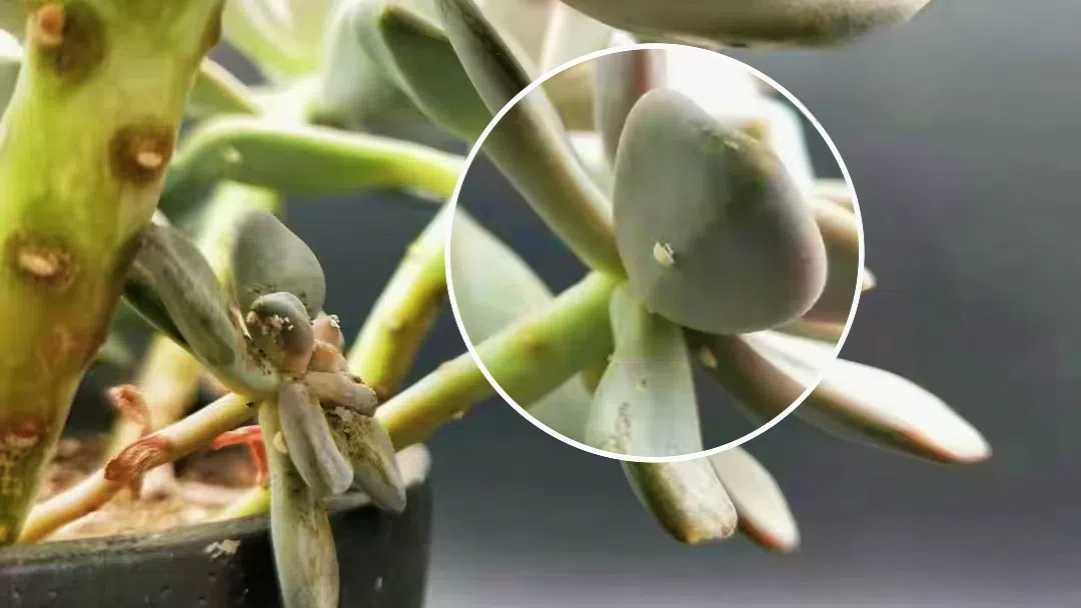
Whitefly – a flying menace
🌡️ Induced Environment:
Humidity > 70%
Poor ventilation
Excessive nitrogen fertilizer
💉 Treatment combinations:
- Stage 1: 40% oxolinic acid 1:1500 leaf back spraying
- After 48 hours: high-pressure water gun rinsing (pay attention to protect the root system)
- Prevent recurrence: Hang yellow sticky boards
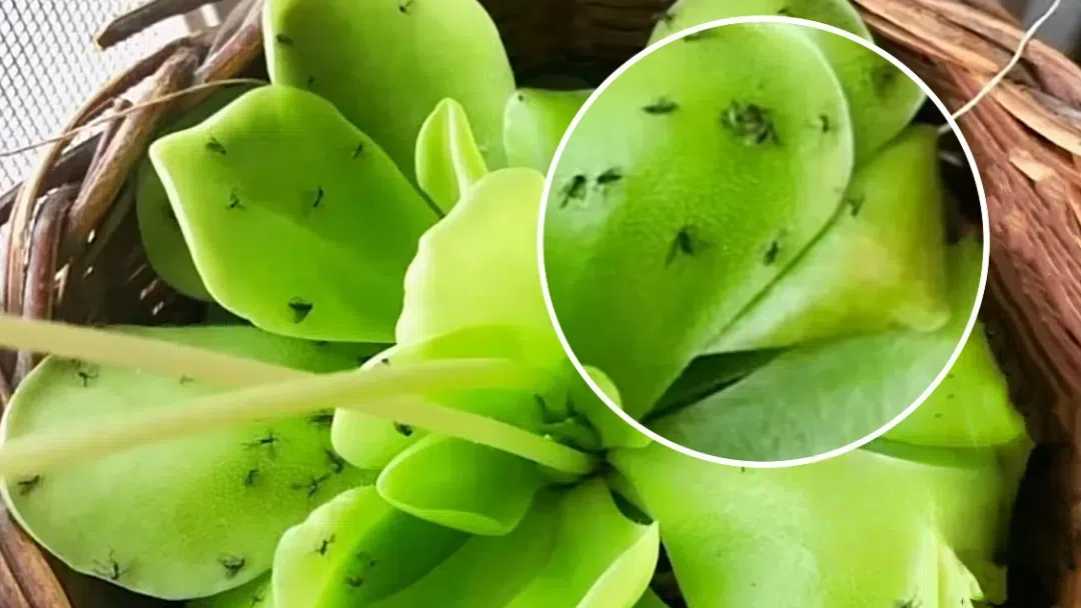
Little Black Flies (Fungus Gnats) – Dampness Buster!
🔧 Comprehensive treatment:
Rapid extermination:
Abamectin 1:1000 watering (use at night)
Cover the surface with 1cm of coarse river sand
Long-term prevention:
✓ Use bottom irrigation method
✓ Mixing with diatomaceous earth (Diatomaceous Earth)
✓ Regular release of nematodes (Nematodes)
The Ultimate Prevention Program (a must see!)
Implementing these three steps can reduce the risk of infestation by 80%:
New plant quarantine process:
72-hour quarantine and observation
Hydrogen peroxide (3%) root soak
Microwave soil sterilization (3 minutes on medium heat in moist soil)
Environmental Control:
- Maintain air circulation (1 air change per hour recommended)
- Use 40% shade net to prevent scorching
- Keep above 10°C in winter
Smart Care:
⏰ Watering Reminders:
Summer: early morning 6-8am (10-14 day interval)
Winter: midday hours (20-25 day interval)
💧 Detection Tip: Bamboo stick insertion method to determine wetness and dryness
Medication Prevention Calendar:
Month Measures
January Soil burial of slow-release insecticide
April Whole plant sprayed with neem oil
July Replace paving stones
October Alcohol rubbing of foliage
Key Tip:
When an infestation is detected, immediately:
Isolate the diseased plant (more than 3 meters away)
Sequence of treatment: physical removal → pharmaceutical treatment → environmental adjustment
Continuous observation for 2 growth cycles
Remember: Healthy plants are the best defense! By providing sufficient light (4-6 hours per day), reasonable temperature difference (10-15°F difference between day and night) and proper water control, your succulents will naturally resist pests and diseases.
Lastly: Because of the different countries and regions, this guide is for reference only, and I hope it can help those who love succulents!
